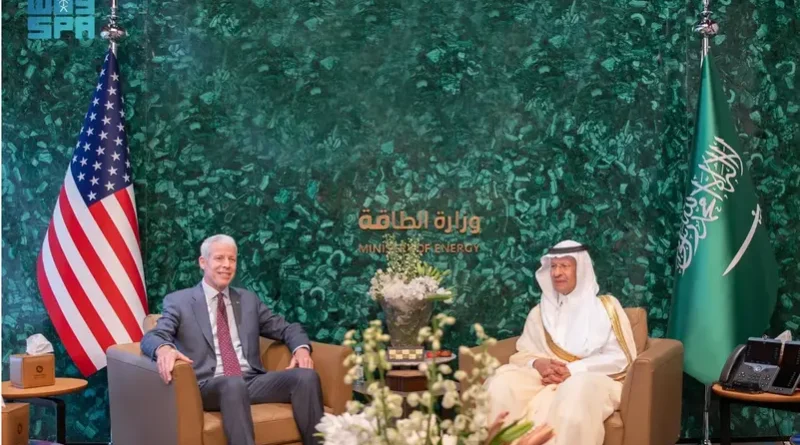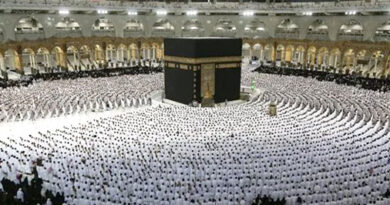U.S.-Saudi Nuclear Cooperation Decoupled from Normalization, Sources Say
This article was translated using artificial intelligence and the original language of the article is Arabic.
- Reuters reports that Washington no longer ties progress on civilian nuclear cooperation to Saudi-Israeli normalization, marking a significant concession.
- The shift comes ahead of President Donald Trump’s upcoming visit to Riyadh, highlighting strategic energy and security priorities.
- Policy Shift:
- Previously, the U.S. insisted on normalization as a prerequisite for nuclear talks. Saudi Arabia rejected this, linking recognition of Israel to Palestinian statehood.
- The move reflects U.S. urgency to strengthen its strategic alliance with Riyadh.
- Energy Partnership:
- U.S. Energy Secretary Chris Wright announced plans for a broad energy agreement with Saudi Arabia, including:
- Civil nuclear technology transfer.
- Localization of nuclear infrastructure.
- Wright noted a commercial nuclear pact “will take months, not weeks” to finalize.
- U.S. Energy Secretary Chris Wright announced plans for a broad energy agreement with Saudi Arabia, including:
- Saudi Nuclear Program:
- Energy Minister Prince Abdulaziz bin Salman confirmed Saudi Arabia’s commitment to IAEA safeguards while advancing its first nuclear power plant.
- Riyadh seeks to diversify its energy mix under Vision 2030, reducing oil dependence.
Geopolitical Insights:
- Saudi Autonomy: Riyadh maintains its non-aligned stance, resisting U.S. pressure on normalization without Palestinian progress.
- Timing: The shift aligns with Trump’s visit, suggesting a push for a diplomatic win.
- Economic Implications: The deal could unlock billions in U.S. investments in nuclear infrastructure.
Conclusion:
The decoupling of nuclear talks from normalization underscores pragmatic realignment in U.S.-Saudi relations, prioritizing energy security over diplomatic conditions.





